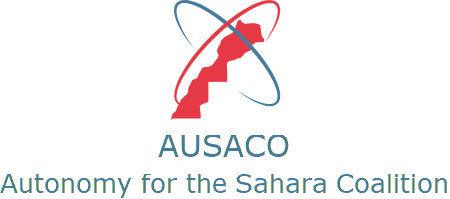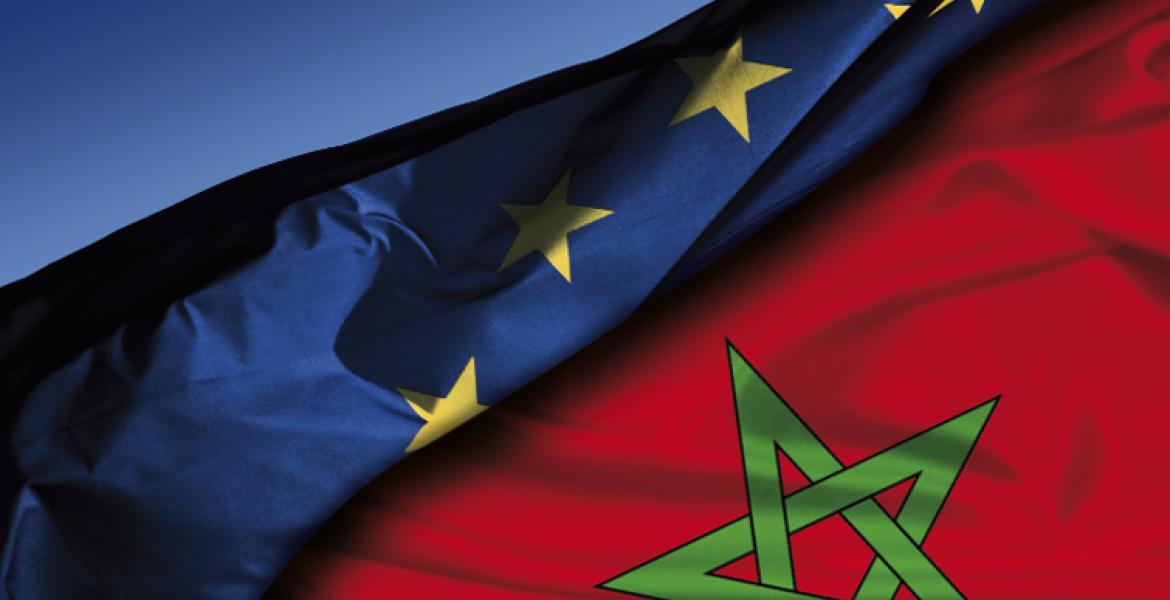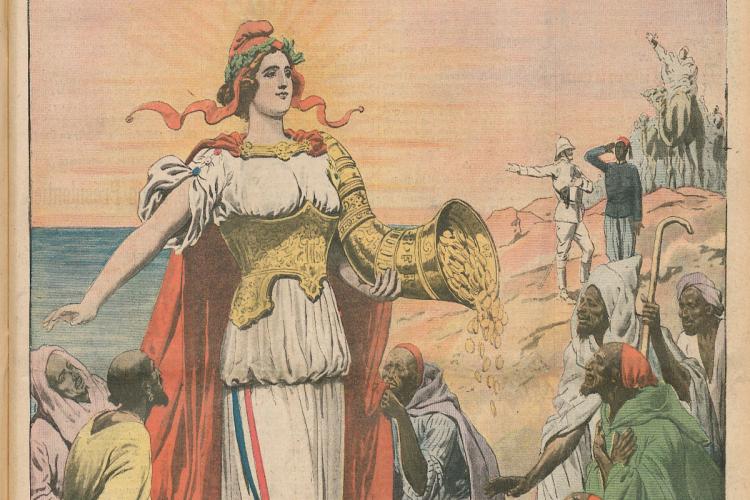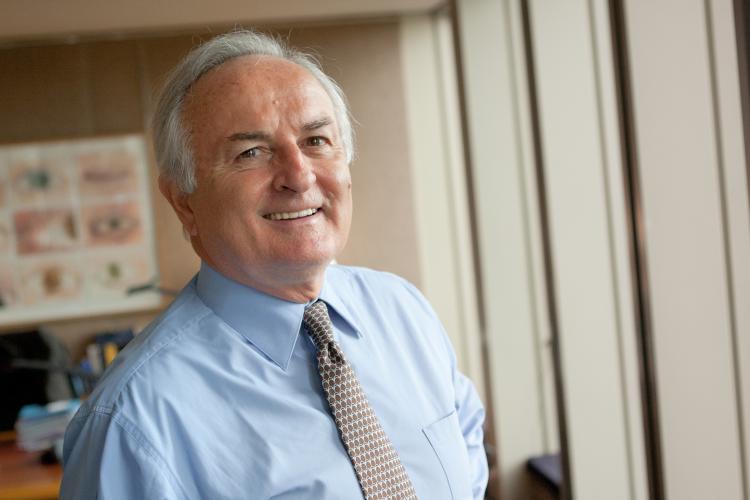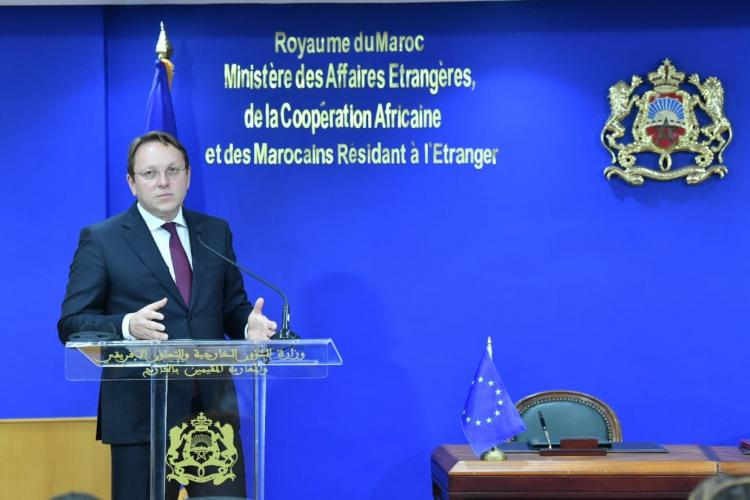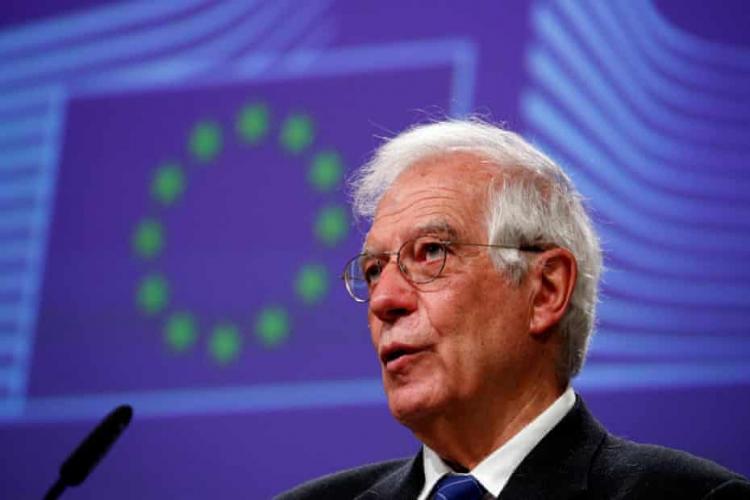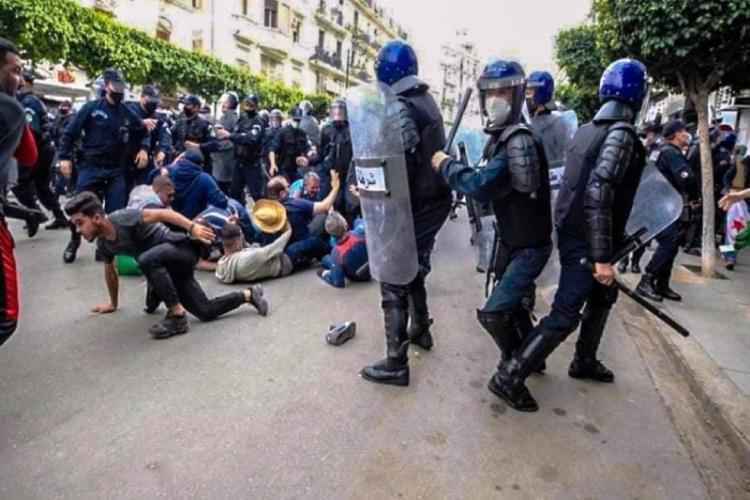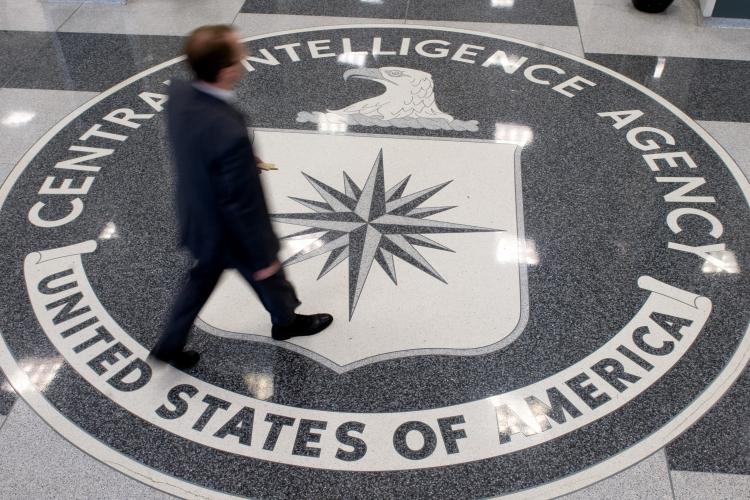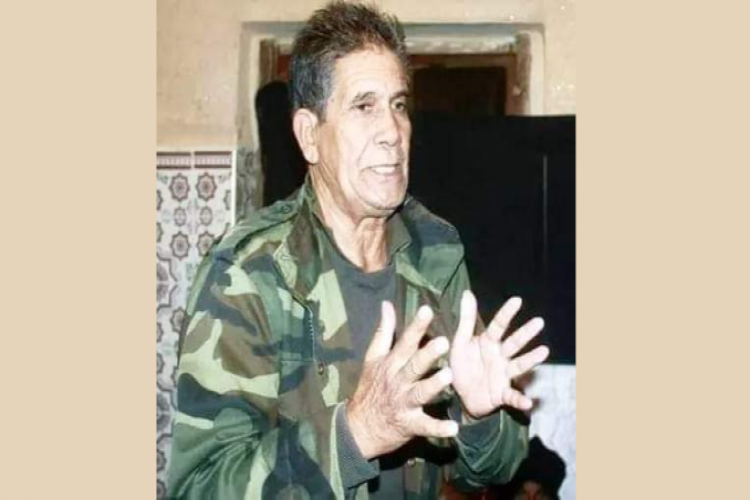Morocco and the EU for a peaceful future in Western Sahara
The end of the conflict with the Polisario, which certainly has undergone influences of colonial interest, could see its natural end through a peaceful and agreed solution such as the one implicit in the speech delivered by the King, on the occasion of the 20th anniversary of the accession to the throne, as well as in the one pronounced on the occasion of the 66th anniversary of the Revolution of the King and the people. The sovereign, King Mohammed VI, in fact insisted on the need for the Kingdom of Morocco to be able to adopt "a new development model" and define new guidelines for the future.
The salient points of the reform have been outlined since 2015 when Morocco adopted a new regional division proposed by the Consultative Commission on Regionalization and then approved by the parliament and the Governing Council with the dual aim of promoting the emergence of democratic regional councils that have the prerogatives and adequate resources to support the implementation of economic and social development falling within the competence of the regions.
Therefore, according to the principles of efficiency, homogeneity, proportionality, balance, accessibility and proximity and with the aim of creating more coherent and competitive regions, the number of regions has increased from 16 to 12.
The capitals, prefectures and provinces that compose them are listed in the table below:

This restructuring is functional to a public policy of regionalization of the State of the Kingdom of Morocco aimed at combating poverty and establishing an economic balance between the different regions that will be able to be more autonomous and, from now on, responsible for administration and economic, social, cultural and environmental development.
The initiative is based on a series of cornerstones and rules that define the characteristics of autonomy from the Kingdom of Morocco proposed by the King and the Government and which can be classified as:
Administrative
It will be the residents of each region to exercise the local administration, the local police and everything related to the courts of the region.
Economical
The population will deal, obviously through appropriate bodies, with everything that conditions or stimulates economic development, regional economic planning, the promotion and attraction of investments in the commercial, industrial, tourism and agricultural sectors as well as in management and creation of infrastructure: procurement of water, water distribution systems, production and dispatching of energy, electricity, public works and transport.
Social
Autonomy, following similar Italian examples (Trentino Alto Adige, Val d'Aosta, Sicily and Sardinia) or Spanish ones (Catalonia, Pais Vasco, Galicia) will be particular for the inhabitants of the Western Sahara (for us Moroccans it is the Moroccan Sahara) in which special measures will concern the creation of housing, and special care for education and health care.
Particular investments and initiatives will concern the stimulus to increase employment, the development of sport and sports participation. The region will benefit from appropriate social security instruments flanked by active social assistance initiatives and stimuli for cultural development.
The particular characteristics of the situation in the Western Sahara (for us Moroccans it is Moroccan Sahara) will be addressed through the management of the administration in the context of special autonomy with the creation of a regional parliament for the autonomous region of the Sahara composed of both members elected by the various Sahrawi tribes that by members elected by direct universal suffrage by the entire population of the region.
The executive function of the local government will be exercised by a head of government elected by the regional parliament, but appointed by the King, and therefore at the same time locally elected head and representative of the Moroccan state in that body.
The regional parliament and supreme court of the Sahara are naturally obliged to ensure that regional laws comply with the Moroccan Constitution and do not violate the laws and resolutions of the Supreme Council and the Constitutional Council of the Kingdom of Morocco.
In the field of human rights, the people of the Sahara region will enjoy all the guarantees provided by the Moroccan Constitution in the field of human rights as accepted internationally and suggested by the UN.
The far-reaching scope of the reform manifests the clear and explicit intention of Morocco, which is committed to revising its constitution and including the system of autonomy in its articles, to implement a political, negotiated and democratic solution to the conflict over the Sahara, a solution that respects the international legitimacy and will of the people of the Sahara and avoids further conflicts and strained relations in the region.
The Moroccan project consists of 35 articles, which offer ample guarantees to what emerged from the negotiations and in particular:
Article eight states that the autonomy system, once it emerges from the negotiations, will be subject to "a referendum of the population concerned, in accordance with the principle of self-determination and the provisions of the United Nations Charter."
In the twelfth article, the region is expected to have a local administration, a local police and even regional courts.
The fourteenth article reaffirms the unity of the Kingdom of Morocco which maintains the exclusive powers of sovereignty, namely the flag, the national anthem and the currency, the constitutional and religious powers of the King, as Commander of the Faithful and guarantor of freedom. to practice religious rites, to enjoy individual and collective freedoms.
The King and the State are also holders of national security, external defense, territorial integrity, foreign relations and the judicial system of the Kingdom.
Article 22 explicitly guarantees the autonomy of the Sahara which will have, as mentioned above, a Parliament composed of both "members elected by the various Sahrawi tribes, and by members elected by direct universal suffrage from the entire population of the region".
The ethnic groups will therefore be well represented both in the regional Parliament and in the election of the Head of Government.
While the election of the regional Premier is up to the relative Parliament, the King will appoint him, thus sanctioning his central authority, the extent of local autonomy and the responsibility of the Premier both towards the Region that elects him and towards the State that appoints him.
Pursuant to the same article, the regional Parliament will be able to create courts that will settle disputes concerning issues related to the autonomy of the Sahara.
The judgments of these courts will be taken in full independence and, however, in the name of the King.
In article 29 of the proposal, the Government undertook to review "the Moroccan Constitution and incorporate a system of self-government also for the other regions, in order to guarantee the stability of the State by conferring autonomy in a regulatory context that is more appropriate to the times and contribute to the strengthening of the Kingdom ".
Article 30 provides for rules to fully integrate returnees, guaranteeing their dignity and safety and the protection of their property.
The Kingdom of Morocco is convinced that this initiative based on self-determination, on free, democratic and modern expression, in accordance with recognized international legitimacy, and the promotion of human rights, as universally recognized and sanctioned by the Constitution of the Kingdom, represents a excellent basis of comparison for a negotiation based on dialogue, negotiation and consent.
The reform will lead to the construction of a modernized democratic society based on the principles of the rule of law, individual and collective freedoms and economic and social development.
The outlook is an initiative that promises to build a better future for the people of the region, which would put an end to the suffering of conflict and facilitate the return of the exiles and help to achieve reconciliation.
The Kingdom of Morocco, through this initiative, guarantees all Sahrawis, at home or abroad, their dignified status and their full role in the various organs and institutions of the organization, free from any discrimination or exclusion.
From this point of view, the inhabitants of the Sahara will democratically manage their affairs on their own through legislative, executive and judicial bodies that enjoy exclusive powers.
They will also have the financial resources necessary to develop the region in all fields and to contribute effectively to the economic, social and cultural life of the Kingdom.
The recent diplomatic opening of the United States towards the Kingdom of Morocco and even more the exchange of diplomatic representations between Morocco and Israel testify to the importance of the reforms underway in the Kingdom which would greatly benefit a policy of support of the EU and particularly of Italy. .
It is important that Italy and the EU support Morocco in carrying out the territorial cohesion process.
It would be important that they fully support the seriousness of the autonomy plan of the Kingdom of Morocco, also because Morocco is undergoing important qualitative transformations given that more than 22 countries have now opened their consulates in the cities of southern Morocco, the city of Laayoune and Dakhla.
It is a call to join these efforts and support Morocco in implementing autonomy.
European countries should move from an attitude of "comfort" to that of "commitment" in this new dynamic and also accelerate the process of dialogue in order to put an end to this conflict on Western Sahara, in Moroccan territory.
Par Aicha Bouazza
Source : https://www.meridianoitalia.tv/index.php/l-italia-nel-mondo-4/estera/337-marocco-ed-ue-per-un-futuro-di-pace-nel-sahara-occidentale
